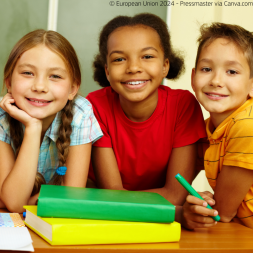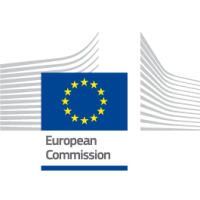
European Commission webinar on promoting wellbeing for improved learning outcomes
Based on the latest PISA data, this webinar will explore how student wellbeing influences learning outcomes, and how schools can integrate wellbeing strategies to enhance academic achievement.
Webinar information
Description
In recent years, student wellbeing has become an increasingly relevant dimension of education. At the European level, initiatives such as Pathways to School Success acknowledge the inseparability between wellbeing and school success.
In this context, the European Commission has introduced new guidelines to support wellbeing in schools. These guidelines, developed by an expert group, provide 11 comprehensive recommendations for education policymakers, school leaders, teachers, and educators. They advocate for a whole-system and whole-school approach to mental health, emphasising prevention through social and emotional learning, safeguarding physical activities and nutrition, and ensuring equity through targeted measures. The guidelines also highlight the need for sustainable capacity building, urging additional resources for teacher training and professional development.
In spite of these efforts, wellbeing is often disregarded due to an excessive focus on academic learning. In the context of the latest PISA 2022 results and long-term trends of declining academic achievement among European youth, this webinar discussed the close connection between student wellbeing and learning outcomes.
Presentations:
- Carol Barriuso: Emotinal First Aid kit
- Ankica Rakas-Drljan: Pilot program Learning Support for pupils in vulnerable positions
- Ivana Ćosić: Schools of support - Programme for wellbeing, mental health and emotional resilience in schools
- Mario Piacentini: Student well-being and performance: insights from PISA 2022 a
- European Toolkit for Schools (Wellbeing resources).
For more articles and resources on wellbeing and resilience in schools, see this summary article.
The content of this webinar reflects the views only of the authors. The European Commission does not endorse any views, opinions or advice expressed by the speakers/presenters of this webinar.
About the speakers
معلومات إضافية
-
Language:English
-
Target audience:TeacherStudent TeacherHead Teacher / Principal
-
Target audience country:
-
Target audience ISCED:Early childhood education (ISCED 0)Primary education (ISCED 1)Lower secondary education (ISCED 2)




